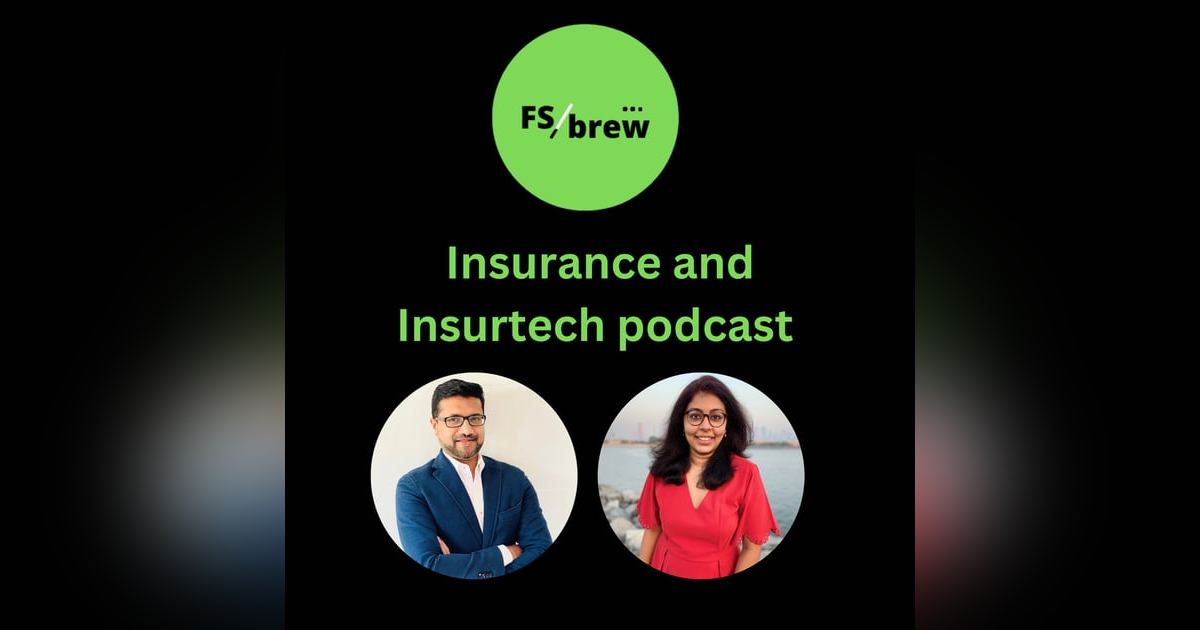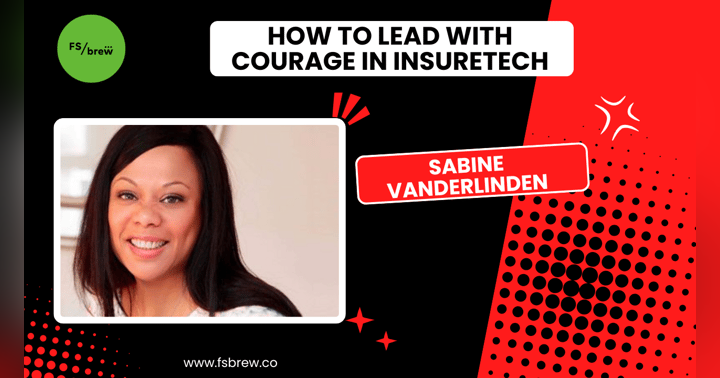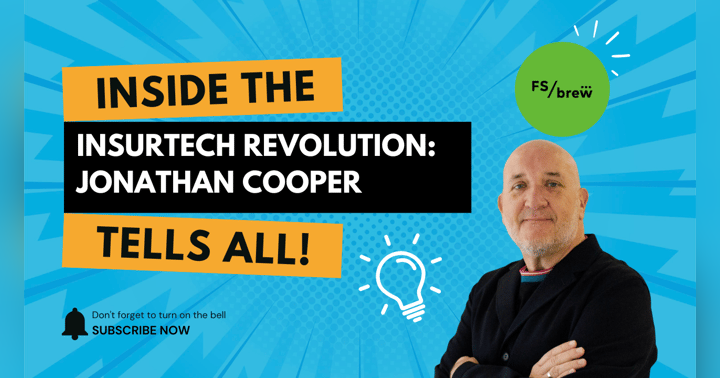An In-Depth Conversation with Harold E., an expert in Venture Building from SC Ventures
Introduction
Venture building in the fintech and insurtech sectors is a multifaceted endeavor. Harold, a seasoned expert in this field, recently shared his insights on the challenges and opportunities ahead. This article delves into the key takeaways from his conversation, offering a comprehensive guide for stakeholders in these rapidly evolving industries.
The Investment Landscape
Harold emphasizes the importance of long-term partnerships with venture capitalists (VCs) who share the same goals. The focus is shifting from mere growth and experimentation to a more revenue-centric approach. This change is particularly noticeable in the Middle East and North Africa (MENA) region, where some buy-now-pay-later players have already exited the market.
Key Takeaway: Revenue generation is critical in investment decisions, especially in volatile markets like the MENA region.
Criteria for Evaluating Startups
When evaluating potential startups for incubation, Harold considers three main dimensions:
- The Problem: Is it significant enough to warrant a solution?
- The Solution: Is it credible, feasible, desirable, and viable?
- The Team: Do they have the right skills, experience, and charisma?
Key Takeaway: A well-rounded evaluation process is essential for successful venture building.
The Role of Insurtech
Harold discusses how insurtech can serve as a capability enhancer for other ventures. He mentions the importance of embedded insurance and how it could be integrated into wealth solutions or transactional platforms.
Key Takeaway: Insurtech should bring value by complementing existing ventures or filling a gap in the market.
The Journey of Incubation
Startups entering the incubation stage with Harold's team receive seed funding and support in various areas like business model development and regulatory compliance. After three months, they pitch to an investment committee comprising internal and external stakeholders.
Key Takeaway: A structured incubation process helps startups validate their business models and prepare for further funding.
The Importance of OKRs (Objectives and Key Results)
Harold's team uses OKRs to track the progress of their ventures. This methodology helps identify ventures that may not be viable, thus preventing the accumulation of "zombie companies" in the portfolio.
Key Takeaway: Regular tracking through OKRs can prevent wasted investments and guide ventures toward success.
Career Advice for Aspiring Venture Builders
Harold advises those interested in venture building to be comfortable in a support role rather than seeking the limelight. The focus should be on mentoring and coaching rather than being the star of the show.
Key Takeaway: Venture building is about supporting and guiding, not about being the center of attention.
Conclusion
Venture building in fintech and insurtech is a complex but rewarding field. Stakeholders can navigate this intricate landscape successfully by focusing on revenue generation, conducting thorough evaluations, and following structured incubation processes.














